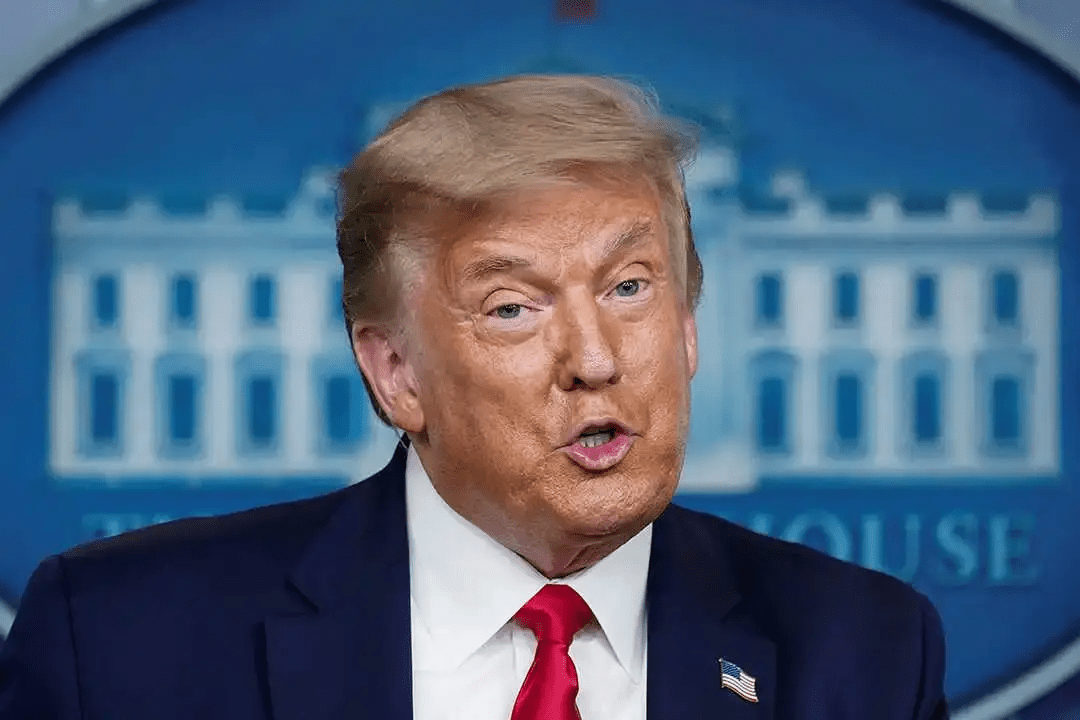The tariff nuclear bomb dropped by Trump contains three fatal details: first, the steel tariffs will impact the global manufacturing supply chain, while the 300% rate on chips far exceeds conventional trade war measures; second, semiconductors, as the core of the AI revolution, will reshape the global technology industry chain with their tariff barriers; third, this 'precise strike' may trigger countermeasures from chip powerhouses like China and South Korea, creating a domino effect.
I observed two contradictory signals: on one hand, high tariffs may push traditional market inflation higher, forcing funds to seek anti-inflation assets like Bitcoin—referencing the time when Trump first initiated the trade war in 2018, Bitcoin soared from $6,000 to $20,000 within three months; on the other hand, if tariffs lead to a global economic recession, institutional investors may sell off crypto assets to replenish liquidity in traditional markets, just like when Bitcoin plummeted 50% during the outbreak of the pandemic in March 2020.
History is repeating a striking script: after Trump announced a 25% tariff on Chinese chips in May 2019, TSMC's stock price fell 5.8% in a single day, while Bitcoin rose 12% against the trend. This 'tech stock crash + digital currency rise' seesaw effect will be replayed in 2024 when semiconductor export controls escalate—when the U.S. restricted AI chip exports to China in September of that year, Bitcoin rose from $28,000 to $42,000 within two weeks, a 50% increase.
What kind of 'chip-crypto' interaction effect will emerge when a 300% semiconductor tariff meets the Bitcoin halving cycle? Follow me for a deep dive in the next issue, 'Tariff War 2.0: From Supply Chain Restructuring to Digital Asset Hedging Corridor.' Now, do you think this tariff will push Bitcoin to break the $150,000 mark?
Follow the Key to the Block, see you in the comments!



